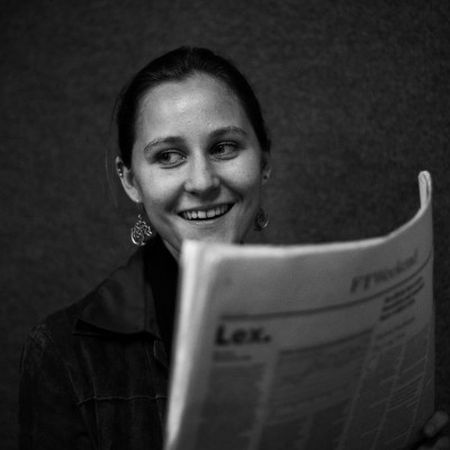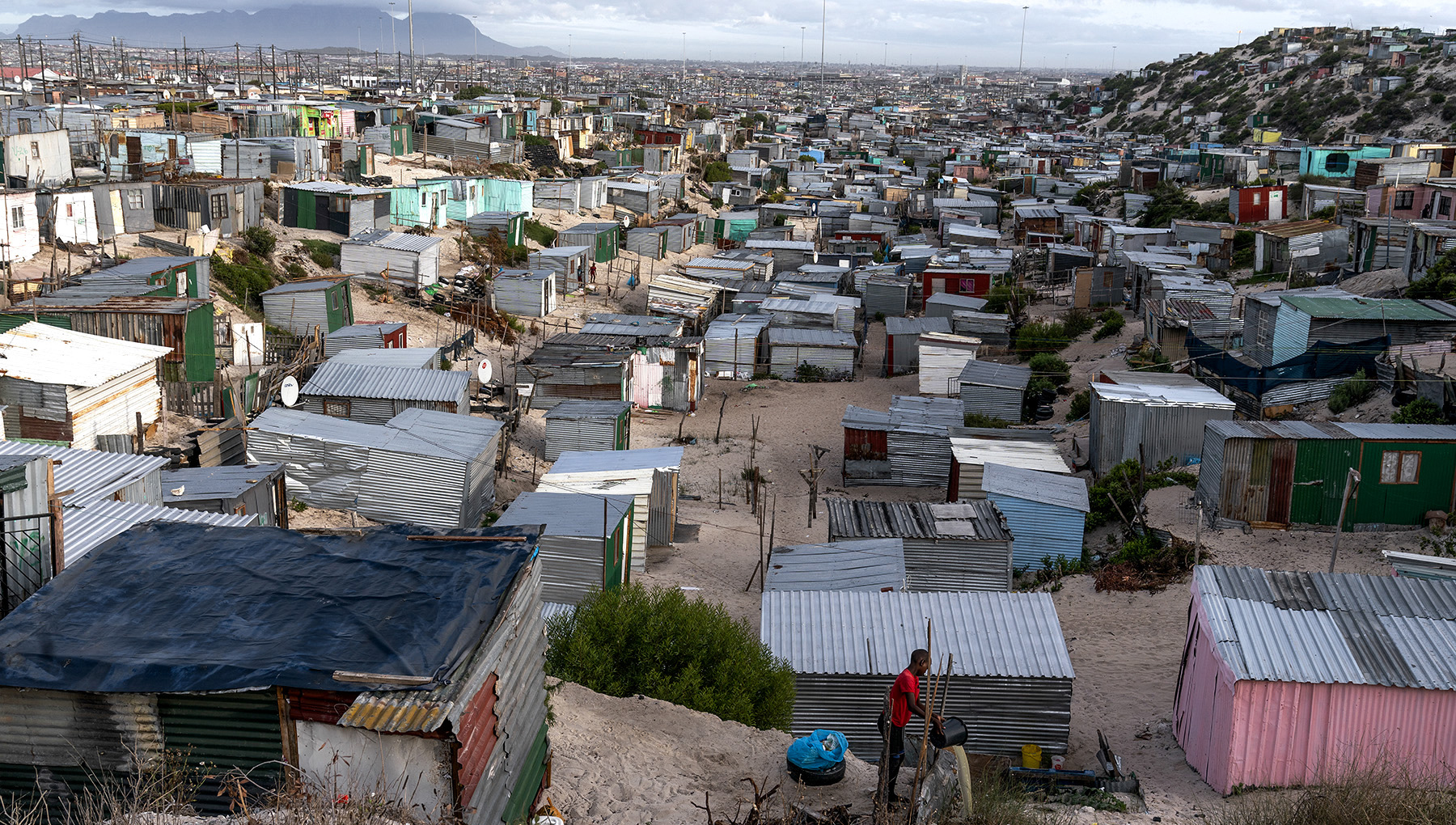A ward councillors imbizo hosted by the nonprofits Solidarity Space, Ndifuna Ukwazi and My Vote Counts in Khayelitsha on Thursday, 12 September, revealed deep rifts between many Cape Town communities and their local government representatives.
Hundreds of residents from across the metro, including Kraaifontein, Khayelitsha, Delft, Manenberg and occupations in the city CBD, expressed frustration and anger in light of service delivery failures and the lack of affordable housing for lower income groups.
They were joined by about 18 City of Cape Town ward councillors who listened to their grievances, with representatives from the DA, ANC, GOOD EFF and MK party present, among others.
The key issues raised included the failure of ward councillors to bridge the gap between the people and the City of Cape Town, access problems facing people living with disabilities and shortages of housing, water, electricity and sanitation infrastructure in townships and informal settlements.
Ivy Mabaso, a mother of three from the RR Section informal settlement in Ward 89, Khayelitsha, told Daily Maverick: “I’m suffering in my place. There is a lot of gangsterism… I need housing. I need electricity… Councillors say you must wait because there’s a lot of people who don’t have electricity.”
/file/dailymaverick/wp-content/uploads/2025/09/Keamogetswe-Seipato-1.jpg)
A community leader from RR Section, Eddie Mogwaxa, said the capacity of ward councillors to address community issues was sometimes limited, as “they’re mouths are zipped” and they “can’t do anything with the City of Cape Town”. He entreated city officials to visit the areas struggling with access to basic services.
“The main issue for us is the housing… We encourage our people to be on a housing database, but some of them say it’s useless to be on that because they stay here for a long time. This area [RR Section]... started in 1991, and now they’re still staying there,” Mogwaxa said.
A declaration of community demands for urban land justice was presented to the councillors, asking them to commit to fighting for:
- Fiscal transparency and accountability;
- Recognition and support of land occupations;
- Community-centred planning;
- Genuine public participation;
- A dignified housing response;
- Inclusive land-use decisions;
- Combating land speculation; and
- Accessible communication strategies.
Councillors were asked to host dedicated consultation spaces for groups most affected by policies and facilitate a two-way communication flow between communities and the city council. Among those who signed the declaration of demands were councillors from wards 93, 38, 101, 89 and 19.
Read more: ‘Single biggest project’ launched for Cape Town inner city housing development
Finance MMC booed off stage
Cape Town mayoral committee member for finance Siseko Mbandezi, from the DA, was repeatedly heckled while addressing the assembly on the City of Cape Town’s efforts to address the problems facing communities. He started his speech by pushing back against claims of corruption among ward councillors, saying these were “not true”.
Mbandezi recognised the importance of bringing local government representatives together “across political divides”, adding that councillors and residents shared a common purpose to “create a platform where meaningful engagement can take place in service of our communities”.
Among the challenges facing the City of Cape Town were funding constraints, climate change issues, global and national uncertainty and population pressure as more people moved to the metro in search of better opportunities, he continued.
Mbandezi said actions taken by the City included:
- An infrastructure development budget proposal of R40-billion over the next three years;
- A R4.5-billion allocation to expand the MyCiti bus network into Khayelitsha and Mitchells Plain; and
- An R8.4-billion allocation to deliver human settlements opportunities.
He went on to say that the people of South Africa wanted political parties to set aside their differences and work together, and that ward councillors were trying to do this. However, he was drowned out by booing before he could conclude his address, and walked out of the venue.
While ward councillors from various political parties were given opportunities to address the crowd, most used it as a platform to criticise the actions of other parties. Event organisers repeatedly called out the representatives for canvassing rather than explaining their plans to address community problems.
“We didn’t want political parties to use this as a space where they were blaming each other,” said Wiseman Mpepo, a task team manager for the Solidarity Space and member of the Intlungu yaseMatyotyombeni social movement.
However, Mpepo deemed the imbizo a success as “communities did raise their voices and express their opinions”.
/file/dailymaverick/wp-content/uploads/2025/09/dancing.jpg)
Axolile Notywala, a proportional representative councillor for subcouncil 16 and a member of the GOOD party, encouraged community members to attend city portfolio committee meetings to see the voting patterns and priorities of local government representatives.
Dineo Masiu, a councillor for Ward 20 and member of the DA, emphasised that people should ensure they had a record of their requests and complaints to councillors as part of the accountability process.
“For our people, the access starts from the councillor’s office. When the councillor doesn’t take it through, you take it to subcouncil. If that doesn’t happen… an email is evidence that you have,” she told Daily Maverick.
Daily Maverick asked the City of Cape Town about the outcomes of the imbizo but had not received a response by the time of publishing.
Democracy as a ‘verb’
Mogwaxa criticised political parties and their representatives for acting in their own interests, rather than those of communities.
He referenced the upcoming 2026 local government elections, saying: “If we look at the elections next year, each and every political party will run straight to the community and sell their information… They won’t do anything after that. They just disappear after they canvass to our area [saying] we must go vote for them.”
Keamogetswe Seipato, the campaigns lead at My Vote Counts, said residents should not wait for elections to participate in democracy.
“Democracy is a verb, a word of doing,” she said. “That means we need to participate. [The ward councillors] need to participate with us.”
Residents needed to hold councillors accountable, question how political parties were funded, do their own research on the democratic system and provide public comment on draft policies and legislation.
“We are the power – we get them to do things when we organise,” she said. DM





 Khayelitsha in Cape Town. (Photo: EPA-EFE / Nic Bothma)
Khayelitsha in Cape Town. (Photo: EPA-EFE / Nic Bothma)